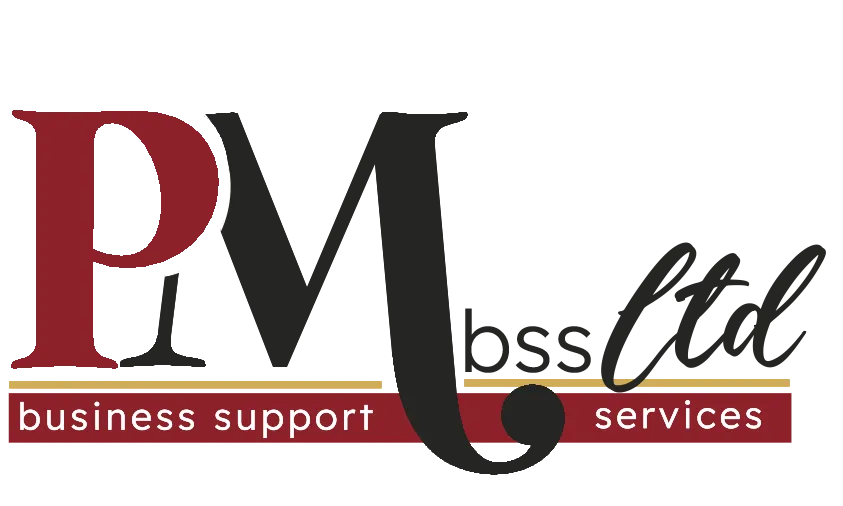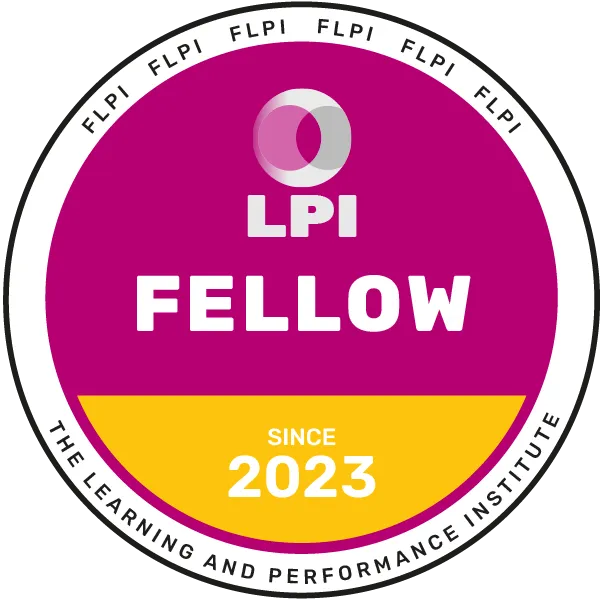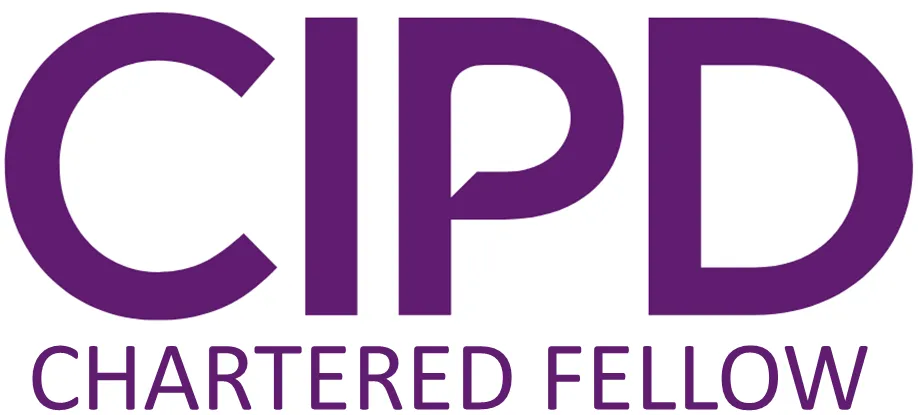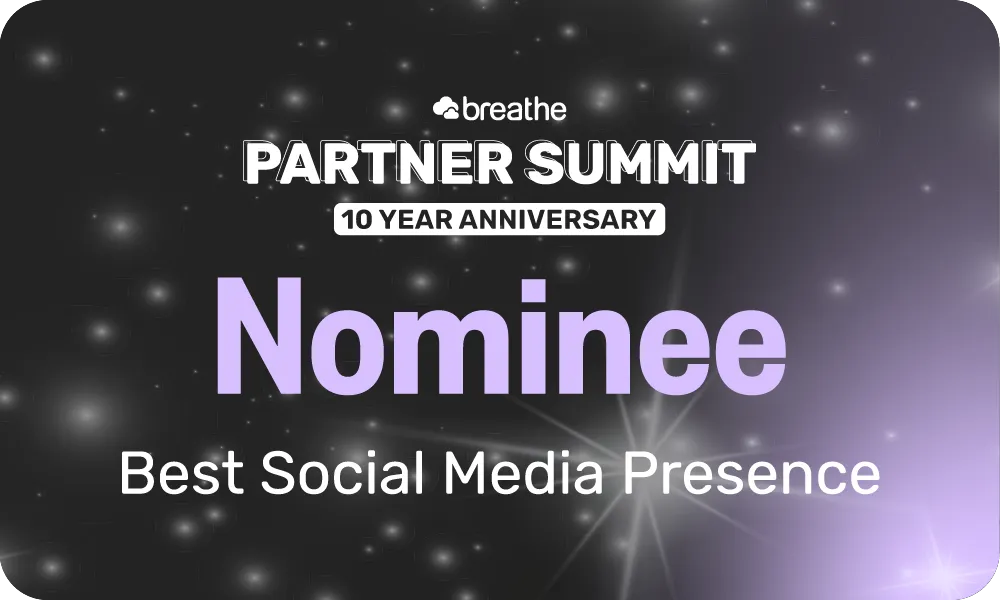Read Our Latest Blogs

AI Management
“AI is a transformational technology. For it to be a powerful force for good, trust is critical. The publication of the first international AI management system standard is an important step in empowering organisations to responsibly manage the technology, which in turn offers the opportunity to harness AI to accelerate progress towards a better future and a sustainable world.” - Susan Taylor Martin, BSI's Chief Executive Officer
The British Standards Institution (BSI) has described a new international standard which it has launched to empower organisations wanting to safely manage artificial intelligence (AI) as first-in-kind.
Following research which showed that 61% wanted global guidelines for the technology, the international standard (BS ISO/IEC 42001) is intended to assist organisations in responsibly using AI by addressing considerations including non-transparent automatic decision-making, the utilisation of machine learning instead of human-coded logic for system design and continuous learning.
BSI’s recent “Trust in AI” poll of 10,000 adults across nine countries found three-fifths globally and the same proportion in the UK (62%) wanted international guidelines to enable the safe use of AI. Nearly two-fifths globally (38%) already use AI every day at work, while more than two-thirds (62%) expect their industries to do so by 2030.
The new guidance, published in the UK by BSI as the UK’s National Standards Body, sets out how to establish, implement, maintain and continually improve an AI management system, with a focus on safeguards.
It is an impact-based framework that provides requirements to facilitate context-based AI risk assessments, with details on risk treatments and controls for internal and external AI products and services.
As an employer it is important that you consider the importance and impact AI could have in your organisation, and to take action accordingly. Speaking with your Managers and staff is a good first step to understand how this looks from their point of view, and from there, you can establish the policies, procedures and training that are needed. This is an evolving picture, so it will also be important to keep this on your agenda and radar.












